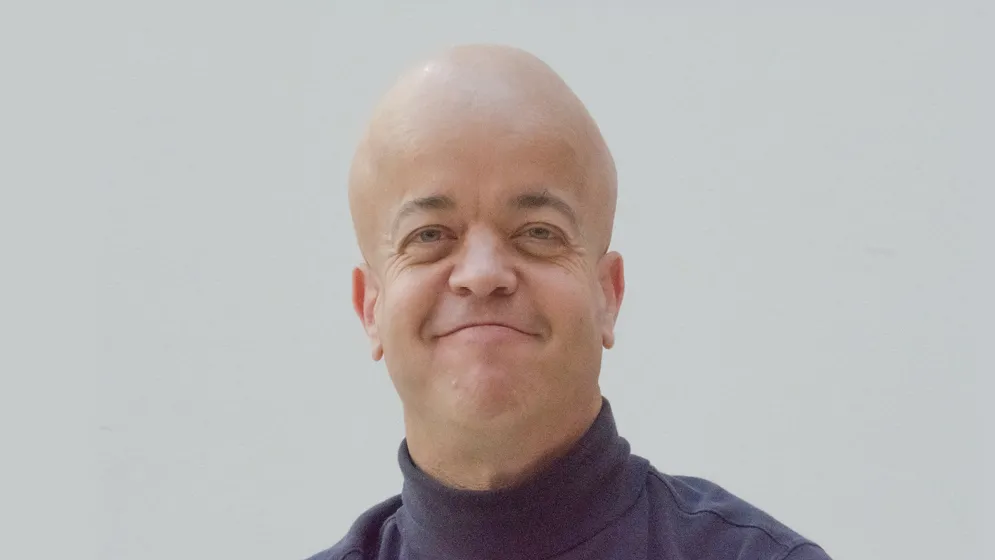Alan Llavore | Office of Strategic Communication | (909) 537-5007 | allavore@csusb.edu

A different way of looking at disability will be presented by Thomas Shakespeare, a social scientist and bioethicist, when Cal State San Bernardino debuts the Disability Studies Lecture Series on Wednesday, Feb. 14, on Zoom.
Register for Shakespeare’s talk, “When Disability Is the Norm, Not the Exception,” on the Zoom event registration webpage.
The Disability Studies Lecture Series provides access to world-class scholarship and expertise in the vital multi-disciplinary field of critical disability studies. The aim of the series is to increase disability literacy in our communities and to enrich our own scholarship, creativity, and activism by engaging with new ideas in disability theory, history, culture, and the arts.
According to the description for Shakespeare’s presentation, “Disability is widely thought to be unusual, rare or special. Yet 15-20 percent of the population could be said to be disabled, and the proportion increases with ageing, and will further increase due to population ageing. This suggests we should update our view of what it means to be human, and our expectation of participation in society.”
In his forthcoming novel, “The Ha-Ha,” Shakespeare’s central character is disabled, “but his difference is normalized, in contrast to traditional depictions of disability as different and incapable. What would it mean for literature, and everyday life, if we treated disability as ordinary, rather than unexpected?”
On his website, in addition to his work as a social scientist and bioethicist, Shakespeare describes himself as “an academic who writes and talks and researchers mainly about disability, but also about ethical issues around prenatal genetic testing and end-of-life assisted suicide.” A regular on BBC Radio 4, he is a Fellow of the British Academy, and since 2018 he as worked at the London School of Hygiene and Topical Medicine, where he co-directs the International Centre for Evidence on Disability.
Shakespeare is the author of “Disability: The Basics,” which explores the broad historical, social, environmental, economic and legal factors that affect the experiences of those living with an impairment or illness in contemporary society.
“Over the years, I also authored three TV documentaries: ‘Ivy’s Genes,’ ‘Who Stole My Parking Space,’ and ‘The Unusual Suspects,’” he writes in his website. “In 2016, I appeared on ITV’s 'Five Hundred Questions,' and won the top prize. As well as my Radio 4 A Point of View talks, I have also occasionally presented Radio 4 Front Row, and contributed to BBC Question Time, Radio 4 Today, BBC Newsnight, CNN, Al Jazeera and other news and current affairs programmes.”
Upcoming presentations, all on Zoom at 10:30 a.m. Pacific Time, are:
- March 11: “Building Black Krip Radical Tradition from Past to Present,” with Leroy F. Moore Jr.;
- April 19: “Emotional Subjects: Citizenship, Identity and the Emotional World of Disability in China,” with Sarah Dauncey, University of Nottingham;
- May 3: “In Conversation with artist, activist, and scholar, Dr. Sunaura Taylor” of the University of California, Berkeley.
For more information, visit the Disability Studies Lecture Series webpage.